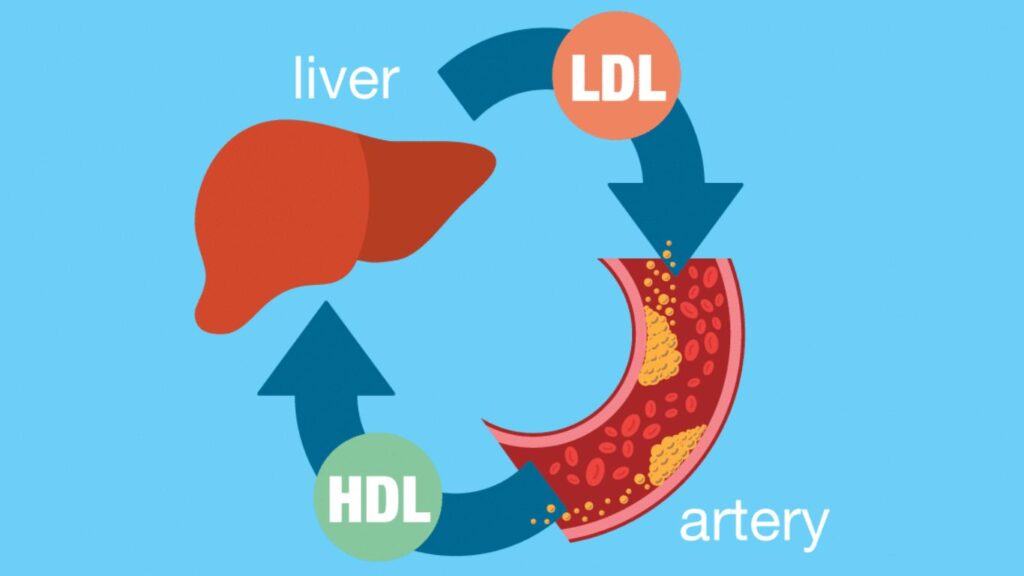When it comes to nutrient-dense foods, the humble egg is often underestimated. A staple in many diets worldwide, eggs are not just a breakfast favourite but a versatile ingredient that packs a punch in terms of nutrition. In this comprehensive exploration, we will delve deep into what makes eggs a true nutritional powerhouse, dispelling common myths and showcasing their myriad health benefits.
Unveiling the Nutritional benefits of Eggs
The Nutritional Breakdown of Eggs
Eggs are a symbol of life, and rightfully so, considering their impressive nutritional profile. A single large egg contains a multitude of vitamins and minerals essential for various bodily functions. Here’s a quick glance at what a whole egg brings to the table:
- High-Quality Protein: Eggs are an excellent source of complete protein, containing all nine essential amino acids in the right ratios.
- Vitamins Galore: They are rich in B vitamins (B2, B12, folate, and choline), which are crucial for energy production, brain health, and during pregnancy for fetal development.
- Mineral Content: Eggs contain iron, phosphorus, selenium, and zinc, playing vital roles in immune function, bone health, and overall metabolism.
- Eye Health: Lutein and zeaxanthin, powerful antioxidants found in eggs, contribute significantly to eye health, reducing the risk of age-related macular degeneration and cataracts.
- Healthy Fats: They are a source of unsaturated fats and omega-3 fatty acids, beneficial for heart health and anti-inflammatory properties.
Debunking the Cholesterol Myth
For years, eggs have been the subject of controversy due to their cholesterol content. However, recent studies have shed light on the reality:
- Dietary vs. Blood Cholesterol: It’s important to distinguish between dietary cholesterol (found in food) and blood cholesterol (which can build up in arteries). Research shows that for most people, consuming dietary cholesterol has little impact on blood cholesterol levels.
- HDL vs. LDL Cholesterol: Eggs can increase High-Density Lipoprotein (HDL), often known as ‘good’ cholesterol, which is beneficial for heart health.
- Moderation is Key: As with any food, moderation is crucial. Consuming eggs as part of a balanced diet poses minimal risk to cholesterol levels for most individuals.

Eggs and Weight Management
Incorporating eggs into your diet can also aid in weight management:
- Satiety and Reduced Calorie Intake: The high protein content in eggs increases feelings of fullness, leading to reduced calorie intake in subsequent meals.
- Metabolic Boost: Protein-rich foods like eggs can boost metabolism due to the higher energy required to digest them – a phenomenon known as the thermic effect of food.
The Role of Eggs in Muscle Building and Maintenance
Eggs are a popular choice among athletes and fitness enthusiasts for good reason:
- Protein Synthesis: The high-quality protein in eggs aids in muscle repair and growth, especially important after exercise.
- Leucine: This essential amino acid, abundant in eggs, plays a critical role in initiating protein synthesis.
Eggs and Brain Health
Eggs aren’t just good for your body; they’re also beneficial for your brain:
- Choline: This nutrient, found abundantly in eggs, is crucial for brain development and function. It’s particularly important during pregnancy and early childhood for brain development.
- Mood and Cognitive Function: The nutrients in eggs, including vitamins B12 and D, folate, and omega-3 fatty acids, support nerve function and may help in maintaining cognitive health and improving mood.
Versatility in the Kitchen
Beyond their health benefits, eggs are incredibly versatile in culinary use:
- All-Day Ingredient: From scrambled eggs for breakfast to quiches for dinner, eggs can be enjoyed any time of the day.
- Baking and Cooking: They play a vital role in baking and cooking, acting as binders, leavening agents, and emulsifiers.

Choosing the Right Eggs
With various types of eggs available, while selecting the right eggs, keep the following factors in mind:
- Free-Range vs. Cage-Free: These terms refer to the living conditions of the hens. Free-range hens typically have some access to the outdoors.
- Organic: Organic eggs come from hens fed organic feed and without antibiotics or hormones.
- Omega-3 Enriched: These eggs come from hens fed a diet high in omega-3 fatty acids, often from flaxseed, which can increase the omega-3 content in the eggs.
Conclusion
Eggs are a nutritional powerhouse, offering a unique blend of proteins, vitamins, minerals, and essential fats. Their versatility in the kitchen and various health benefits make them an invaluable part of a balanced diet. By incorporating eggs into your daily meals, you can enjoy not just their delightful taste but also the myriad health benefits they bring.
Also read: The Power of Protein: How Chicken Builds Muscle Mass
